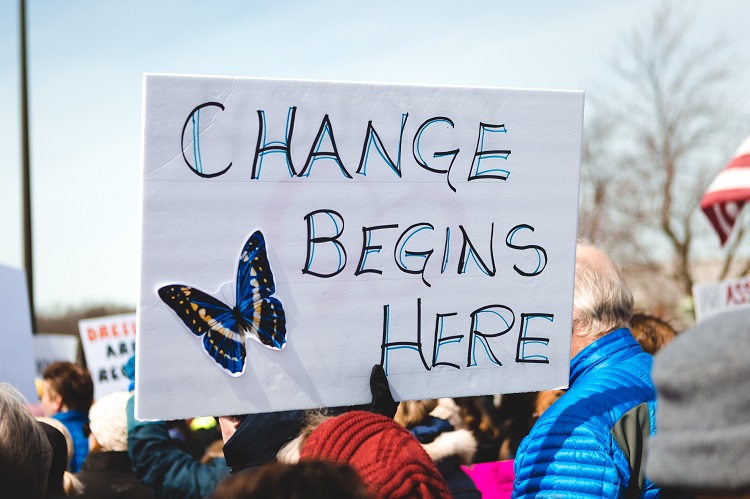On June 12-14, 2014, Values & Capitalism hosted its fourth annual Summer Conference. A group of 91 students and 34 professors from 29 different Christian colleges spent three days in dialogue with AEI scholars and other experts on the issues of poverty, the economy, immigration, healthcare, American class structure, education, vocation, and more.
Highlights included:
An opening keynote address from AEI’s Morgridge Fellow in Poverty Studies, Robert Doar, who challenged both conservative and liberal preconceptions about welfare. To the chagrin of some libertarians in the audience, Doar spoke from firsthand experience with running NYC’s Dept. of Human Resources about the tangible good that can come from well-structured welfare programs that incentivize work. He emphasized, however, that personal responsibility from each recipient and “owning their future success” is critical in order for these programs to support people in moving themselves out of poverty.
On Friday afternoon, Peter Greer (president and CEO of HOPE International and author of the forthcoming V&C mini-book “Entrepreneurship for Human Flourishing”) gave an impassioned talk about the power of entrepreneurship. Sharing a story about his young son’s enthusiasm for selling beans in Africa, Greer made the case for why business is a sacred calling that enables sustained development and human flourishing.
Later in the evening, AEI scholar Charles Murray offered unconventional advice about how to spend your twenties. Whether that means living in a foreign country, joining the military, or doing a “normal” job (rather than an internship), students should force themselves out of their comfort zones. Doing so builds resiliency and cross-cultural knowledge that are both important for living full lives.
On Saturday, AEI’s Michael McShane relived his teaching days by engaging the group on questions about unions, school choice, technological innovation, and more. He discussed the growing importance of education for succeeding in modern society and described his vision for a decentralized school system that offers innovative and quality schooling options for all of America’s children.
In addition to these addresses, students and faculty heard from panels of speakers about work in public policy, immigration reform, health care, journalism, and advice on starting a career.
The conference ended with an exhortation from Steve Garber of The Washington Institute: “For love’s sake, we have a responsibility for the way the world turns out.” He encouraged each member of the audience to consider a place or community that they can sacrificially invest their lives in—a fitting commissioning before the group departed.
Describing the conference, students said:
- “I learned ways to reduce poverty through free market principles and that there’s more variety within the conservative movement than I thought.”
- “This is a great place for students to meet professionals in the fields they want to work in and discuss ideas with like-minded students.”
- “I enjoyed the balanced and informative discussion. While the majority of the participants identified as conservative I did not sense an obnoxious political bias, and I enjoyed that.”
- “I gained new insights on how economics is related to politics and policy.”



